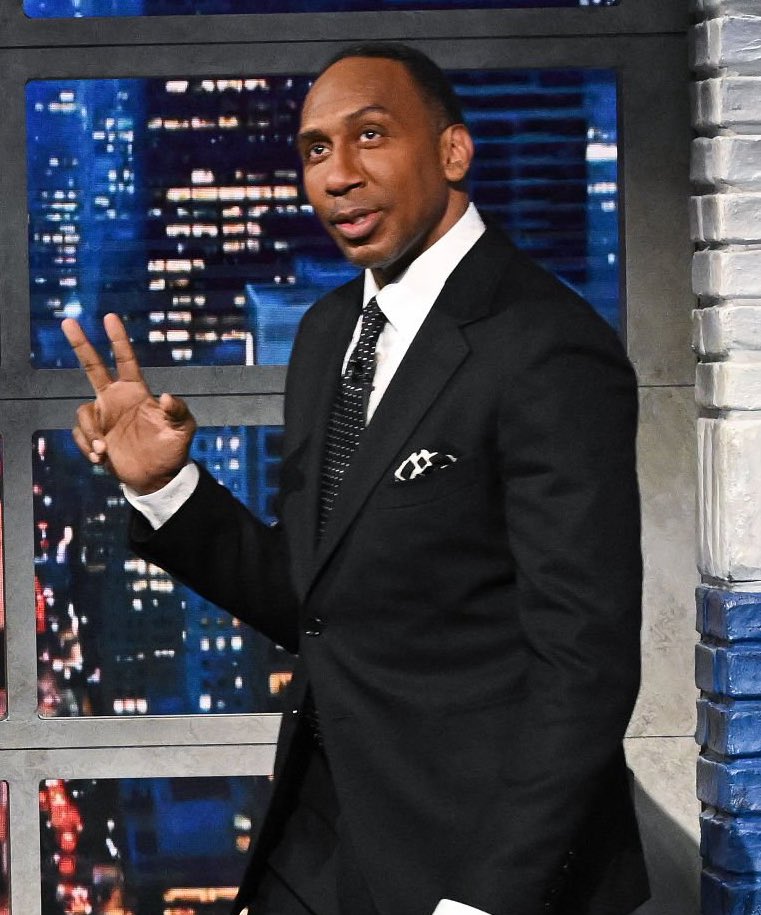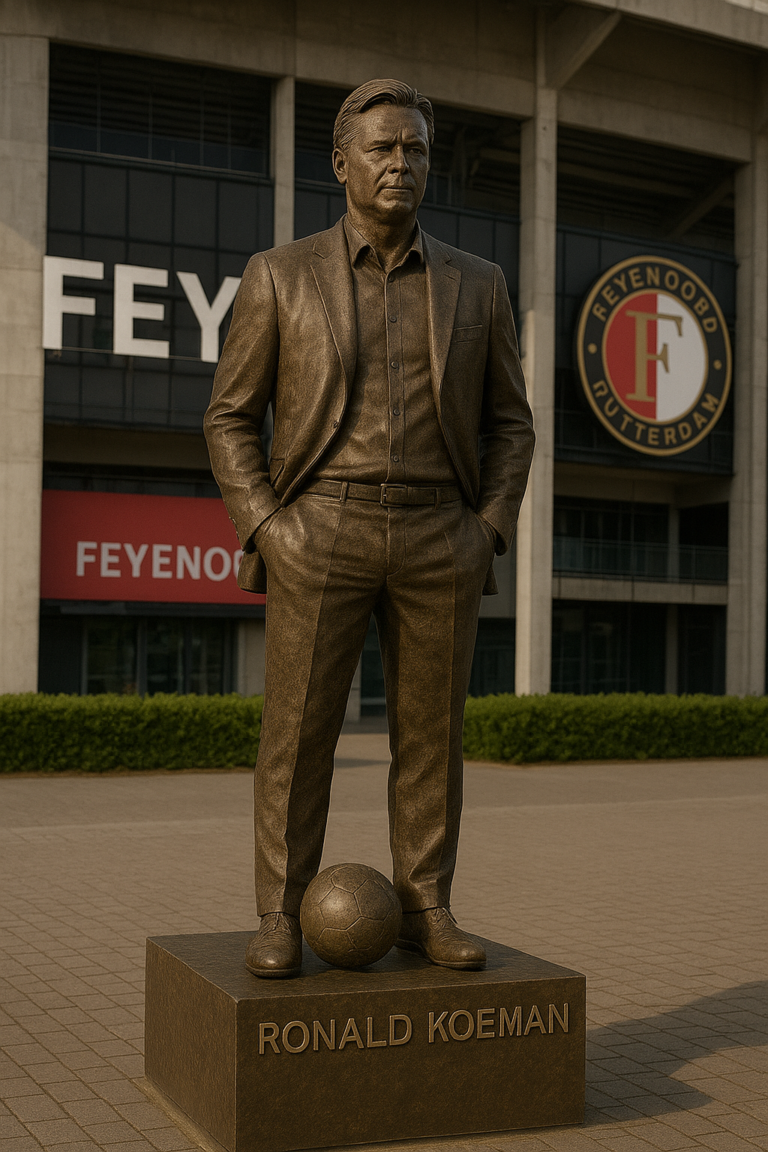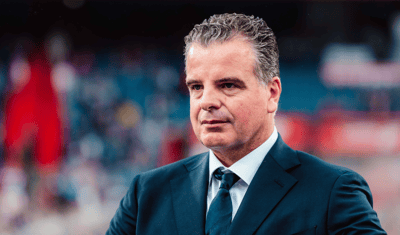
Stephen A. Smith, the outspoken sports analyst and media personality, has stirred national conversation by suggesting that he is leaving the door open to a potential presidential run in 2028. Known primarily for his passionate takes on sports and culture, Smith made headlines when he addressed the possibility during a recent interview, emphasizing that while he has no current intention of entering politics, he is willing to consider it under certain circumstances.
“I have no intentions on being a politician, but I left the door open, A, because friends and loved ones of mine have asked me to do so and, B, because if these candidates appear to be as atrocious as they’ve been and we don’t see a light at the end of the tunnel to go up against what the other side is throwing in our direction, then will I entertain it? Yeah, I’ll entertain it,” Smith said, capturing attention with his candid and unfiltered delivery.
The comments reflect a mixture of personal encouragement and political frustration. Smith explained that those closest to him—friends, family, and trusted advisors—have suggested that he could leverage his national profile, communication skills, and cultural influence to make a meaningful impact in politics. While the idea of transitioning from media to the highest office in the country may seem unconventional, Smith’s remarks highlight a growing trend of public figures with large followings contemplating political engagement outside of traditional pathways.
Smith has long been known for his strong opinions and ability to connect with a wide audience. His commentary on sports often intersects with social, economic, and political issues, giving him a platform that extends beyond the court or the field. In recent years, he has increasingly weighed in on national debates, from racial justice to cultural discourse, which has only amplified speculation about his potential interest in public service.
The notion of Smith entertaining a presidential run raises numerous questions about what such a campaign would look like. While he does not currently identify as a politician, his ability to communicate, his familiarity with media dynamics, and his existing fan base could provide a foundation for political engagement. Analysts note, however, that moving from media influence to electoral politics involves navigating an entirely different set of challenges, including policy expertise, coalition-building, and nationwide campaigning.
Political observers also point out that Smith’s comments may be as much about expressing dissatisfaction with current candidates as they are about actual ambition. By leaving the door open, he is signaling both his awareness of political discourse and his willingness to consider alternatives if he perceives a lack of viable leadership in future elections. This type of statement resonates with voters frustrated by conventional politics and adds a layer of intrigue to the 2028 election cycle.
Public reaction to Smith’s remarks has been mixed. Fans and social media users have applauded his confidence and willingness to challenge the status quo, while critics have questioned whether a media figure with no formal political experience could realistically mount a serious campaign. Nonetheless, his openness to exploring the possibility has already generated conversations across media platforms, reflecting the evolving intersection of celebrity, culture, and politics in modern America.
While it is too early to predict whether Smith will ultimately pursue a political career, his comments serve as a reminder that the boundaries between media influence and political ambition are increasingly fluid. For now, Stephen A. Smith remains a figure who bridges entertainment, commentary, and societal reflection, with the tantalizing prospect of a future that could extend far beyond sports analysis.






